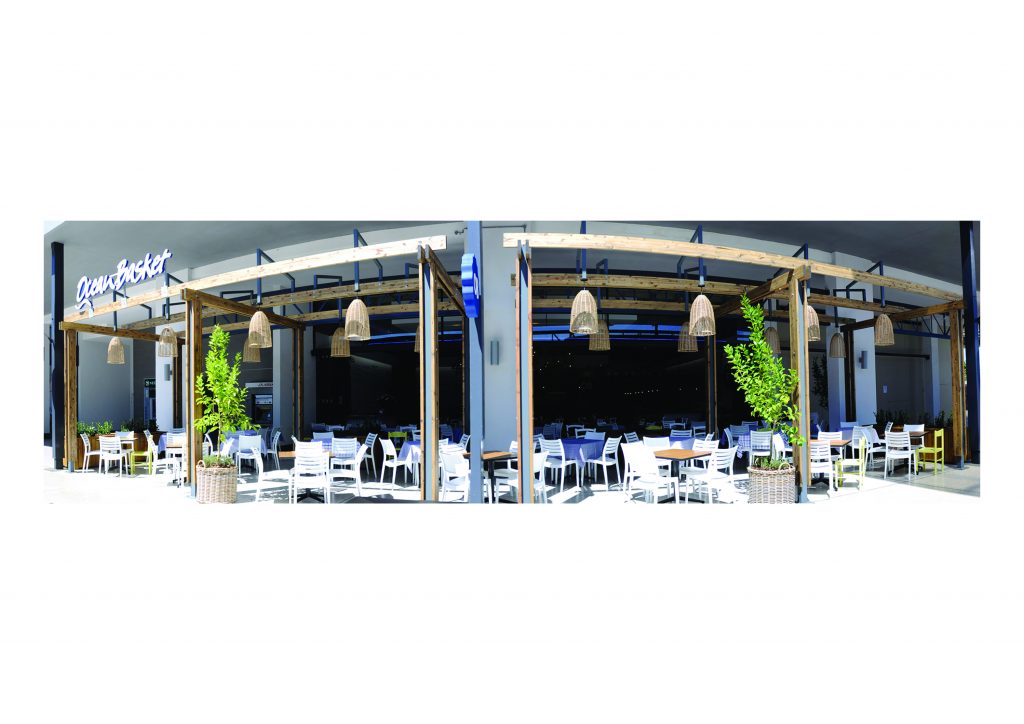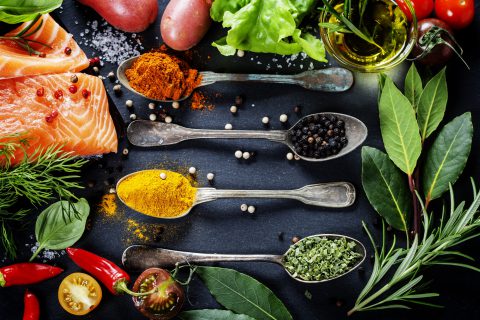Sunday Times Franchising
No Reservations
Ocean Basket CEO and Restaurant Collective representative, Grace Harding, says that it’s challenging for a sit-down restaurant to pivot its model to survive the effects of the COVID-19 pandemic.
“Sit-down restaurants are very different from takeaway places,” explains Harding. “The model is centred around welcoming people to dine on your premises. Some sit-down restaurants make a good business out of takeaways or deliveries, but it will never be their core business.
“Under lockdown, some sit-down restaurants – particularly those in the fine-dining space and many of the township restaurants – couldn’t participate in any attempt to pivot away from their core business.
“So, for one-man bands, the little local or selected brand restaurants, the option to open up takeaways did help to pay some bills, but it’s not something that will have saved them.”
Going dark
Dark kitchens represent an emerging global trend where brands eschew seating areas and storefronts in favour of delivery-focused, centralised kitchens where orders are prepared and dispatched.
Real Foods Group, owners of Kauai and Nü Health Food Café, launched chicken brand Free Bird at the end of May, venturing into the dark kitchen arena and trading as a virtual brand around Cape Town, Sandton and Pretoria with deliveries via Uber Eats and Mr D.
Real Foods CEO, Dean Kowarski, says that as a group they had seen growth in deliveries before the pandemic and even more of a shift during lockdown as customers stayed home.
“The increase in demand for deliveries makes a strong case for dark kitchens, but customers still want a tangible brand presence. Ideally, there should be a balance between physical and dark kitchens,” says Kowarski. “With the easing of restrictions, we are back on track to launch at least two physical Free Bird restaurants by the end of the year.”
Turning adversity into diversity
Lockdown hasn’t been kind to a single element of the food-service industry, but it came as a particular blow to experienced restaurateur Larry Hodes, who launched his concept kitchen, The Dark Kitchen, two weeks before President Ramaphosa confined South Africans to their homes and brought the economy to a halt.
Hodes’ physical restaurant spaces, Arbour Café and Voodoo Lily Café – both in Birdhaven – and Calexico at 44 Stanley, also ceased trading, leaving him with a huge challenge.
But it’s the pivot of Hodes’ Voodoo Lily Café into the Gourmet Grocer that really caught the eye. He and his wife, Annie, had been toying with ways of opening a grocer-type retailer for a few months when inspiration dawned just before Mother’s Day in May.
“We were looking for ways to help people celebrate Mother’s Day under lockdown,” says Hodes, “and we sent out a message the Wednesday before on social media to ask our partners and community if they had any unique, artisanal products they were looking to sell to mark the occasion. The response was overwhelming, and in the space of 24 hours, we had turned the concept into the Gourmet Grocer in a brilliant collaboration with local suppliers.”
He’s now looking to franchise both The Dark Kitchen and Gourmet Grocer to support local suppliers wherever the franchise opens. He’s also started a franchise premium coffee brand, Coffefe, to add to the mix. “Community is always going to be at the heart of our concept. That’s why, in looking to franchise Gourmet Grocer, we’re focusing on using local suppliers and sticking to our values to support other small local businesses.”






 Sign-up and receive the Business Media MAGS newsletter OR SA Mining newsletter straight to your inbox.
Sign-up and receive the Business Media MAGS newsletter OR SA Mining newsletter straight to your inbox.